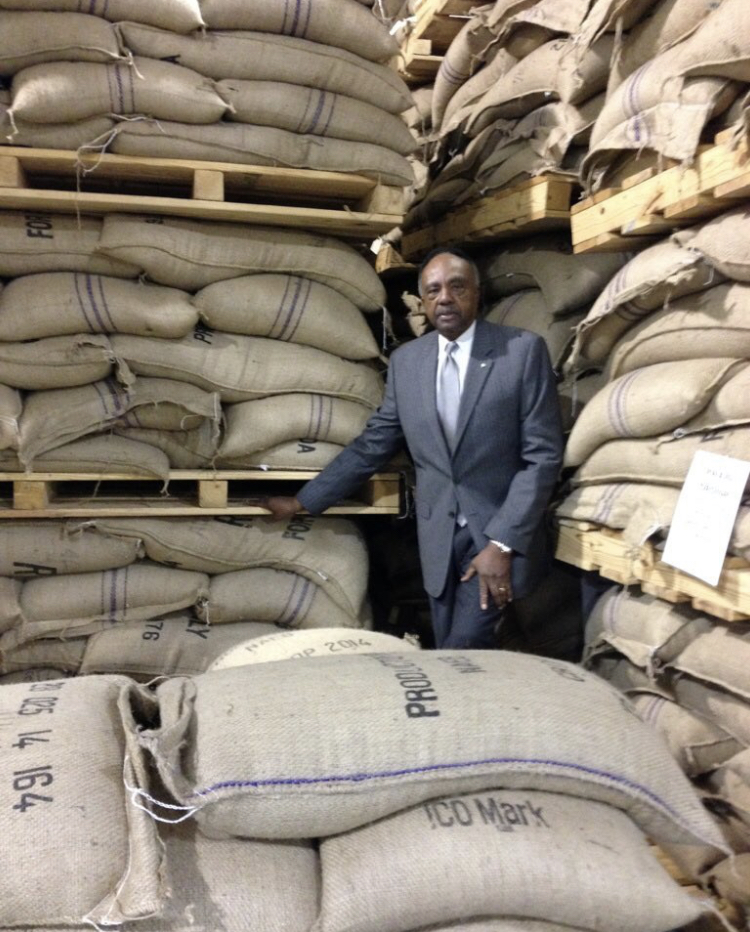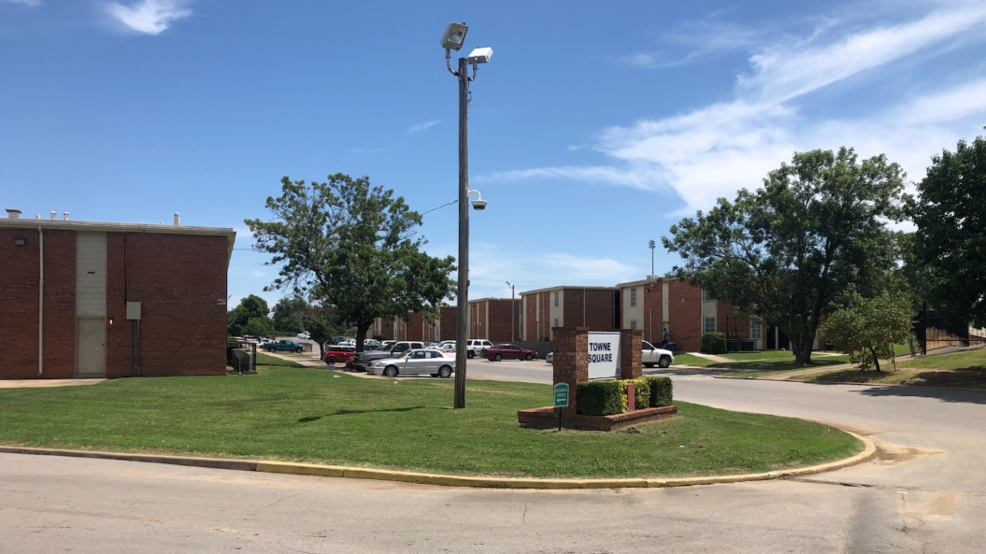
Fred Jones, Jr.
Eagle Writer
As a child growing up on the Mississippi Delta, Clifton Taulbert saw the same thing every day: cotton fields, stretching in seemingly endless rows toward the horizon. A migrant cotton picker who didn’t see a city until the age of twelve, Clifton could see no further with his waking eyes than his current situation. But that didn’t stop him from dreaming. And dream he did.
A Tulsa resident for decades, Clifton has lived a life. It has been a maze of meandering offshoots from any path that resembles the typical. As an author, entrepreneur, and educator, Cliff has spoken all over the United States and the world. His books have been read by the likes of Sandra Day O’Connor and John Wooden, even given by the United States government to Nelson Mandela upon his release from prison. The road has been hard and unpredictable, but at every step in his journey, there has been provision for the next one, often unexpected. His experiences have included the heights of speaking in prestigious locations to powerful people and the depths of tragic personal loss. Throughout all of the twists and turns, he has never forgotten where he came from. His humble beginnings. His roots.
Now, as the CEO and President of Roots Java, a coffee supply company wholly owned by African Americans, Clifton has come full circle. Where once he was the one trapped in seemingly endless labor, now he is the one empowering others. The coffee he sells comes from Rwanda, a place that was nearly removed from existence in the horrific genocide of 1994. The Rwandans’ recovery from tragedy has been triumphant. Unlike Clifton, growing up in the South in the 1950s, these farmers are treated fairly. They are independent farmers, fairly and directly paid for their produce. As a result of this relationship and others like it, their economic revival continues. They are empowered entrepreneurs, like Clifton himself.
The story of Roots Java Coffee is intricately woven into the story of Clifton Taulbert. As a kid growing up on the Mississippi Delta, he did not imagine that he would have the opportunity to ship coffee internationally—and neither did the Rwandans who were there in 1994, trying to put the pieces of broken lives back together. No doubt many of them could not see beyond their present circumstances, as Clifton could not. Yet here he is, and here they are, living a reality that would then have only been a dream.
The cotton fields of Mississippi are Clifton’s past, the representation of toil and injustice, but the coffee fields of Rwanda are his future, the image of opportunity and growth. Like the farmers with whom he now works, he has risen from tragedy and reached for triumph. Because of people like Clifton, Rwandans are smiling again, not only because of the coffee, but because an even greater seed has been planted, a seed that Clifton sows everywhere he goes.
“The most important seed of all is hope, planted in the field of the human heart, says Clifton.
For more information on Roots Java Coffee logon to www.rootsjava.com.









